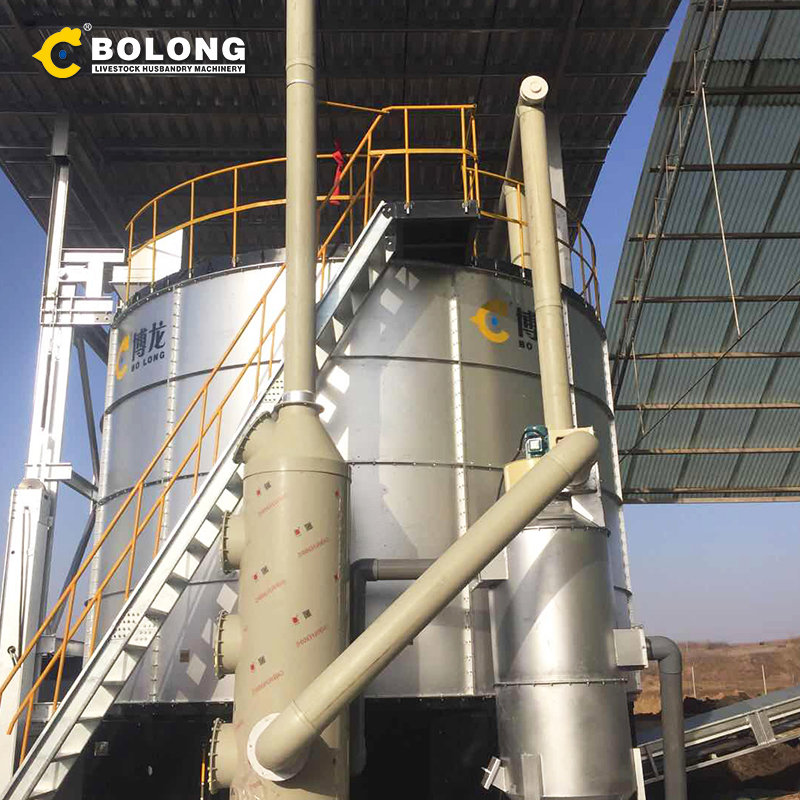
2019/1/1/ · The properties of sewage sludge are highly dependent on its origin and treatment. The main sources of sewage sludge are mainly municipal, industrial, or
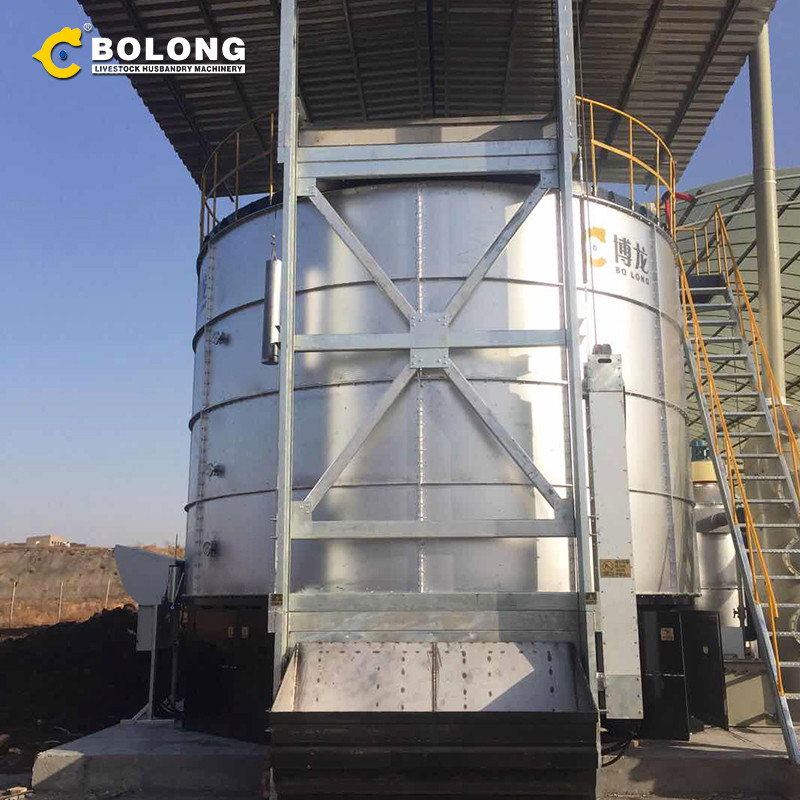
2019/4/16/ · Industrial and Municipal Sludge: Emerging Concerns and Scope for Resource Recovery begins with a characterization of the types of sludge and their sources and management strategies. This section is followed by specific chapters that cover Emerging contaminants in sludge (Endocrine disruptors, Pesticides and Pharmaceutical
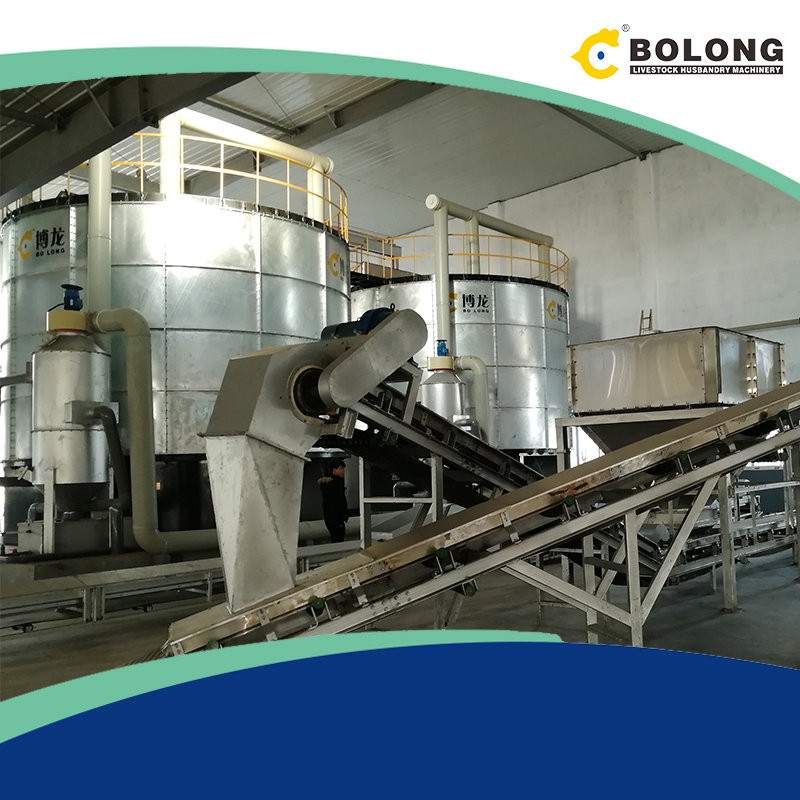
2015/4/6/ · Sludges, Water treatment. Sewage sludge, the most important byproduct of biological wastewater treatment, is considered an important source of secondary pollution in aquatic environments, linked to health problems and even deaths in humans. In 2012, China generated more than 68.5 billion metric tonnes of wastewater, and this is expected to rise
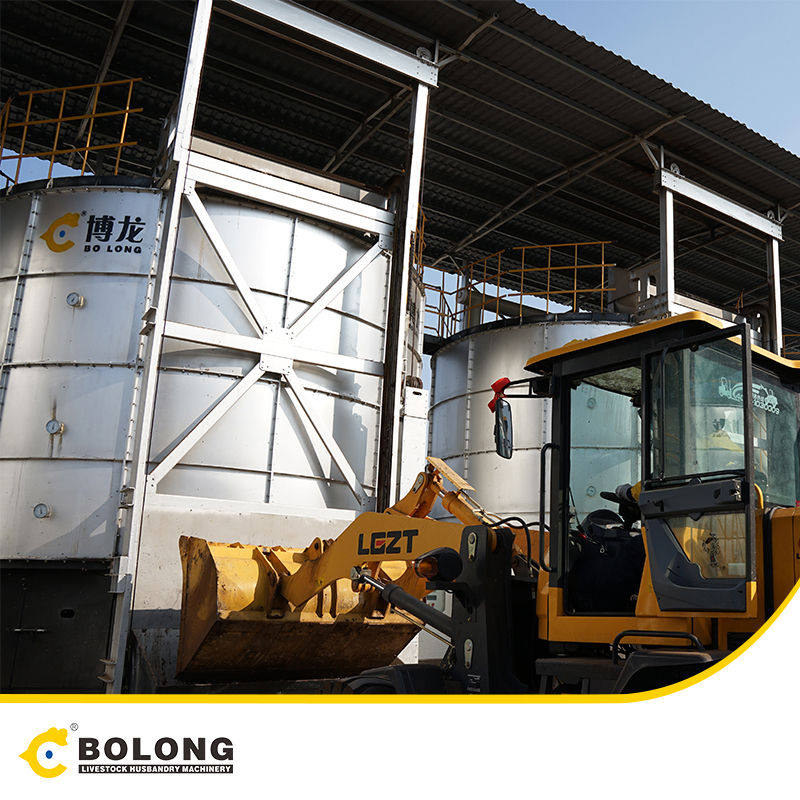
Industrial and Municipal Sludge: Emerging Concerns and Scope for Resource Recovery begins with a characterization of the types of sludge and their sources and management strategies. This section is followed by specific chapters that cover Emerging contaminants in sludge (Endocrine disruptors, Pesticides and Pharmaceutical residues, including illicit
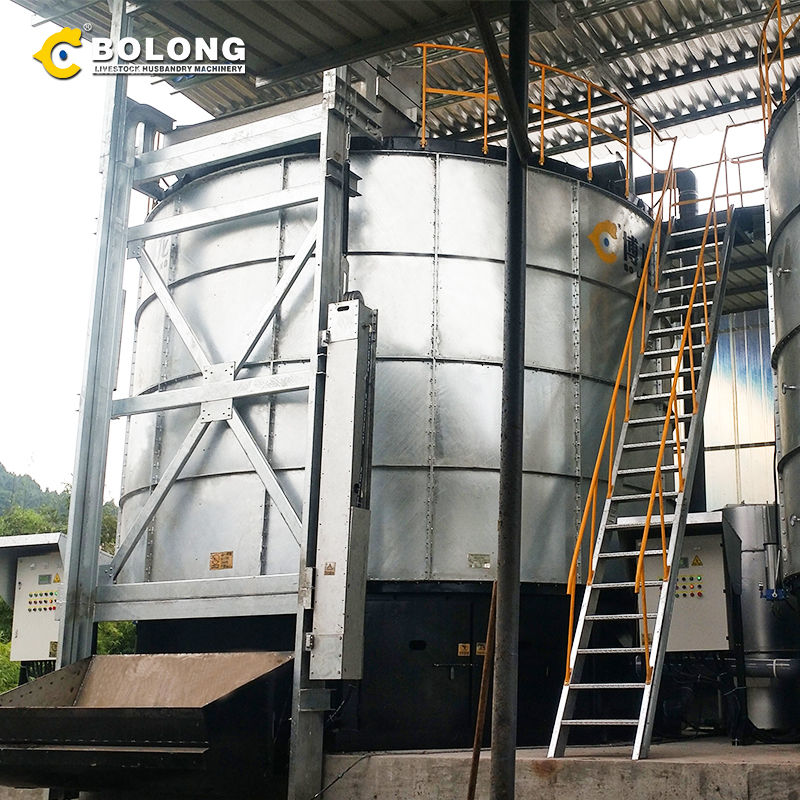
2024/5/1/ · Municipal sewage sludge (MSS) is an inevitable byproduct of wastewater treatment, with increasing amounts year by year worldwide. The development of environmentally and economically acceptable for the sustainable management of MSS is a major environmental challenge. Nowadays, sludge management practices,
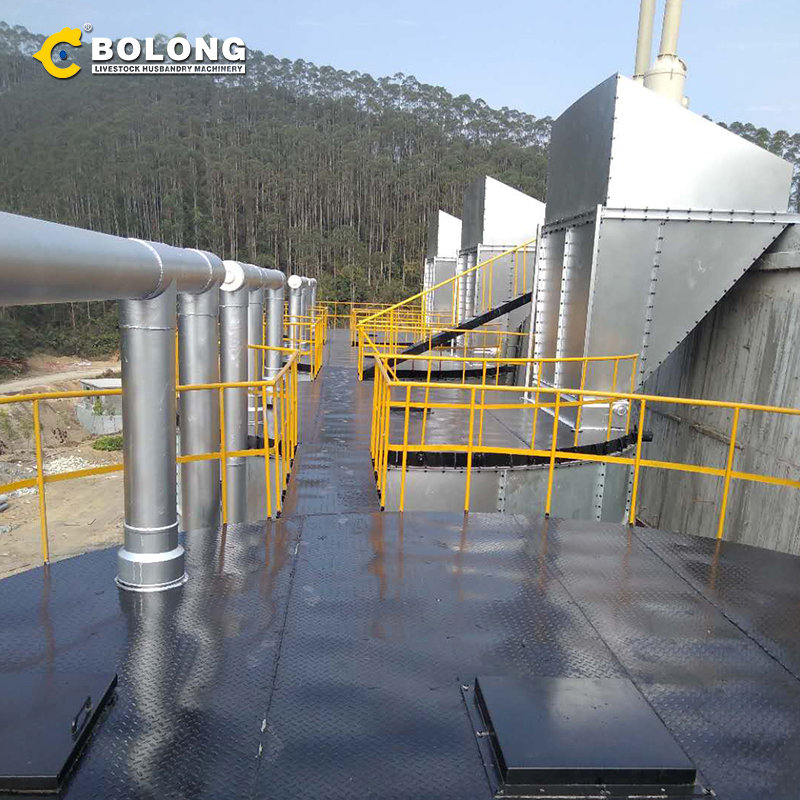
2024/3/1/ · The operation fed with industrial fermentation wastewater demonstrated that the airlift reactor ensured a more rapid granule formation than the upflow reactor because of the high shear force, and it maintained a superior ammonia retention stability of approximately 85 %. Full-scale aerobic granular sludge for municipal wastewater

2020/9/26/ · now, and one of them is very efficient at treating sewage. Research shows that [10] the solid content of. municipal sludge is about 18%, and the VFA content is 55-60%, and the methane-producing
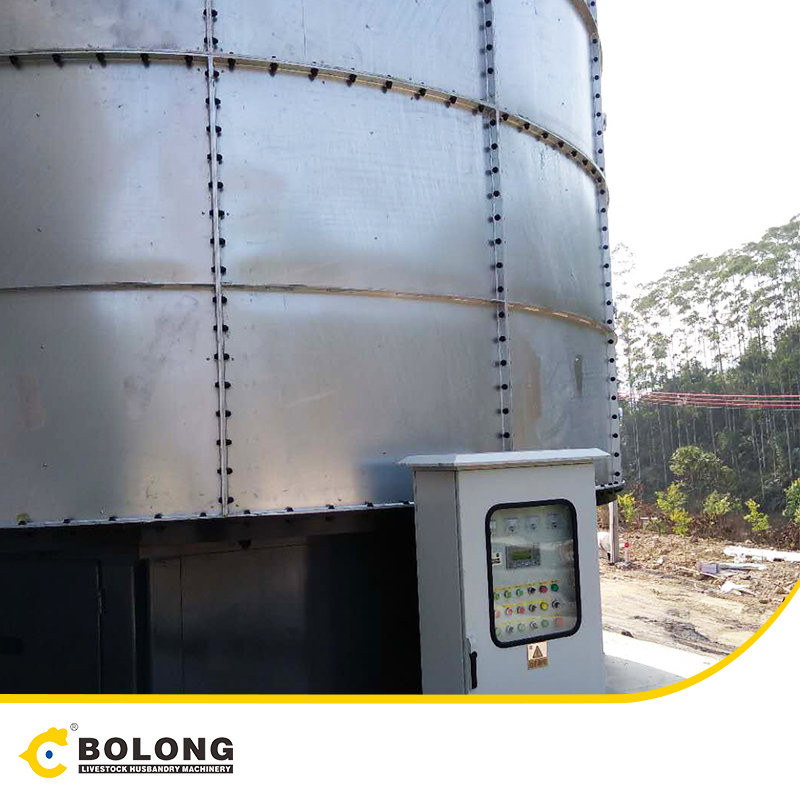
2023/2/8/ · Municipal sludge contains many valuable nutrients (e.g., OM, N, P, and K). Studies show that the total dry solids of municipal sludge contain 20.5–40.3% organic carbon (C), 2.8–4.9% total nitrogen (TN), 1.2–3% total phosphorus, and < 1% total potassium (Collivignarelli et al., 2019).Therefore, the use of municipal sludge as a soil
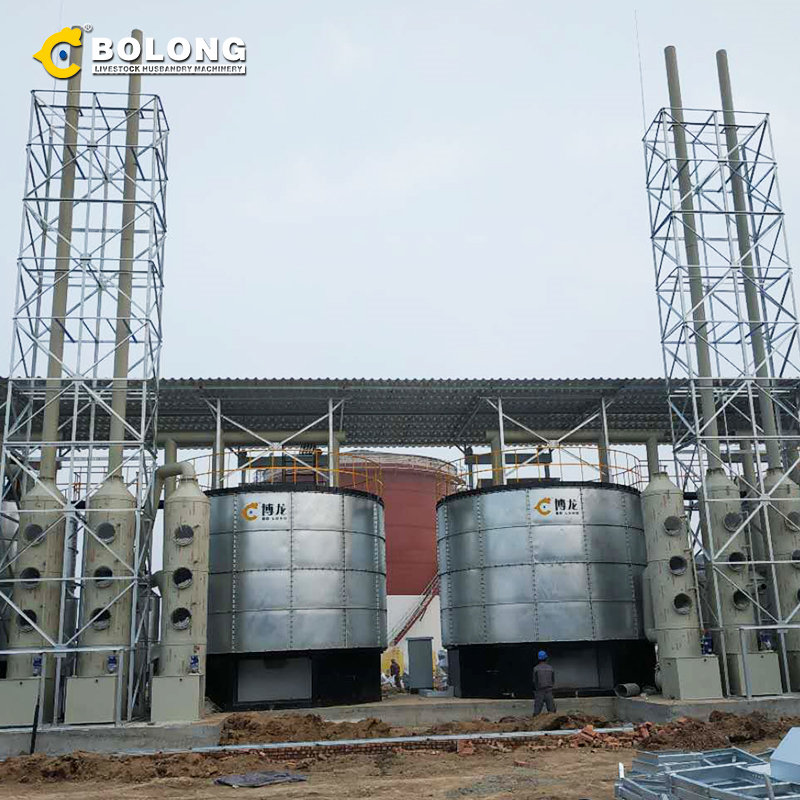
2024/1/2/ · Dealing with municipal sludge in an effective way is crucial for urban development and environmental protection. Co-processing the sludge by burning it in a decomposition furnace in the cement production line has been found to be a viable solution. This work aims to analyze the effects of the co-disposal of municipal sludge on the

2021/2/12/ · Sludge from municipal and industrial wastewater treatment processes (both anaerobic digestion and activated sludge processes), compost, cow dung, and agriculture soil are sustainable natural open sources for anaerobic mixed culture. To be economically profitable and sustainable, dark fermentation of industrial waste to
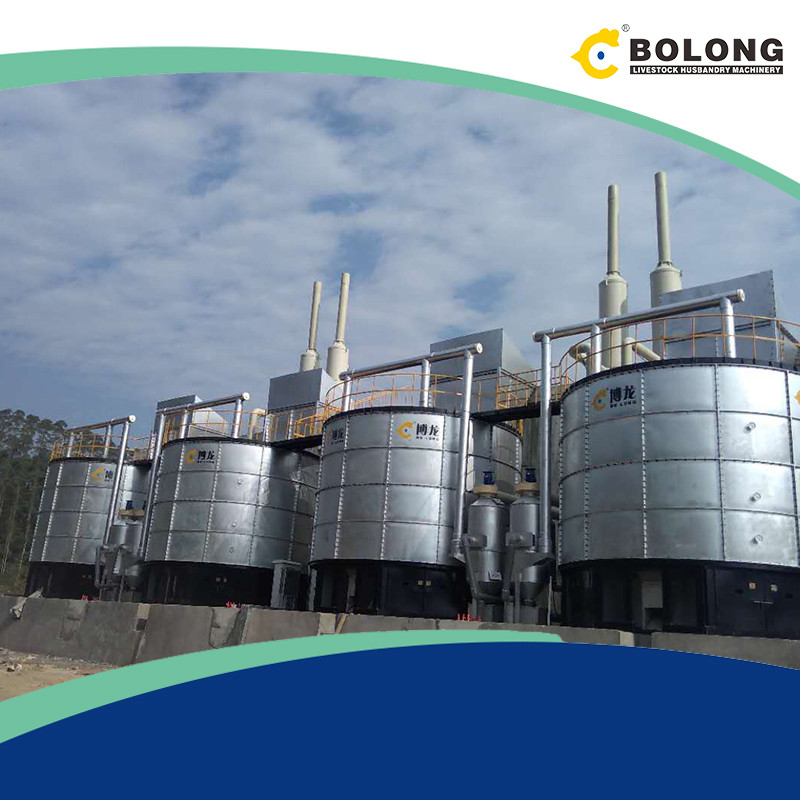
2020/8/23/ · A summary of ultimate and proximate analysis of sludge including municipal sludge and industrial sludge (e.g., oil sludge and tannery sludge) in China is shown in Table 8. It can be seen that the calorific value of dry sewage sludge commonly ranges from 8 to 20 MJ/kg, which is lower than coal (14.6–26.7 MJ/kg) but equal to lignite


2006/6/1/ · Based on the elemental analysis of the municipal sludge as shown in Table 2, the COD/VSS and VSS/TSS of the primary sludge were 1.56 g/g and 70±3.7% for the dry season, and 1.46 g/g and 61±3.2% for the rainy season, respectively. This property is an important parameter in the sludge fermentation process. Fig. 2.

2021/9/20/ · Section snippets Research area and sewage sludge disposal technologies status. The focal study area was Xi'an, located in Northwest China (33° 42′–34° 45′ N, 107° 40′–109° 49′ E, Fig. 1) with a municipal area of 10,700 km 2 and a population of 10.2 million in 2019. There are 30 WWTPs in Xi'an, with a daily sewage disposal volume of 2.7 million …

Municipal activated sludge can be used for polyhydroxyalkanoate (PHA) production, when supplied with volatile fatty acids. In this work, standardized PHA accumulation assays were performed with different activated sludge to determine (1) the maximum biomass PHA content, (2) the degree of enrichment (or volume-to-volume ratio of PHA-accumulating …